The Secret Sauce to Keep Winning Grants
One of my nonprofit clients consistently wins funding on approximately 80% of the grant proposals we work on together.
This is not a ‘humble brag’ about my skill as a grant writer—it takes more than solid writing skills to keep up this level of success.
I’m going to lay it out clearly why I believe this organization sees such strong results:
#1: Reputation:
Most of their institutional funders are repeat funders who give year after year. There is no shortcut to getting here—it takes years to build a reputation of trust with your constituents, partners and funders, so everyone know that you are in it for the long-haul.
#2: Accountability:
Their reports are 100% on time. They put in as much strategic thought into the report as they do into the grant application, sharing data and stories that are relevant to the individual funder.
#3: Clear Grant Strategy:
Each application is assigned to the annual grant calendar. Each month’s work is scheduled ahead of time.
#4: Sufficient Time:
Each month we plan out our work for the next and map out our funder deadlines and internal deadlines. The team knows whether or not there is capacity to pursue new/unexpected opportunities when they pop up. I for one, do not thrive on the thrill of last-minute submissions, and always build in a buffer of time to allow for the unexpected.
#5: Clear Process & Roles:
Know how too many cooks can spoil the soup? Here, the cooks know how to line up in order. We have a strong drafting and editing process in place, and each person knows their role. It minimizes back-and-forth inefficiencies.
#6: Collaboration:
As an consultant, I need to be up to speed on any new changes in strategy, programs and significant staffing changes. This might sound obvious, but there are often new events and unexpected challenges to catch up on. Each month, before I start the drafting process, a development staff person and I meet virtually to outline every single application and report together—so we are literally on the same page.
#7: Communication and Trust:
We do our best to keep to our internal deadlines, and share drafts, edits, and research on time. But we’re human. Twice (in five years), I had to hand off work unexpectedly due to a health issue. Both times, we’d built in enough time for someone else to take over. Both times, I was met with understanding and support.
#8: Strong In-House Writing Capacity:
While I provide extra grant writing and reporting support, they have excellent in-house writers who know their programs intimately. This is really an ideal situation, where the consultant is brought on for extra capacity and not lack of internal expertise.
#9: Shared Understanding of Decision-Making:
There is space for critique and idea sharing by all, and there is space for pushback by all parties. There is also a shared understanding that final decisions around content and direction are made by the client.
Not every grants team needs to be structured the same way. Sometimes one person manages the entire effort, and sometimes there are 3–4 staff actively involved; which might sound like a recipe for disaster (and sometimes is). Grant writing is deadline-driven and can be very stressful, but taking the time to build a process that works for you and your team can make it a much more rewarding experience
Does Your Grant Strategy Need a Boost? Let’s Talk. Sign Up for a Free Consultation.

